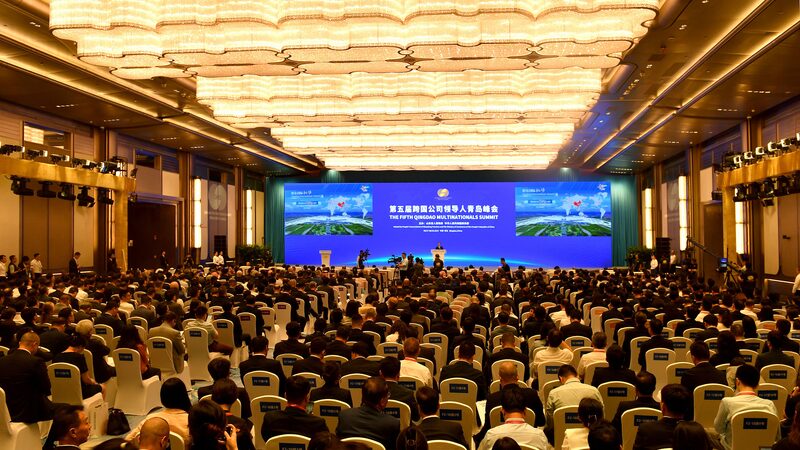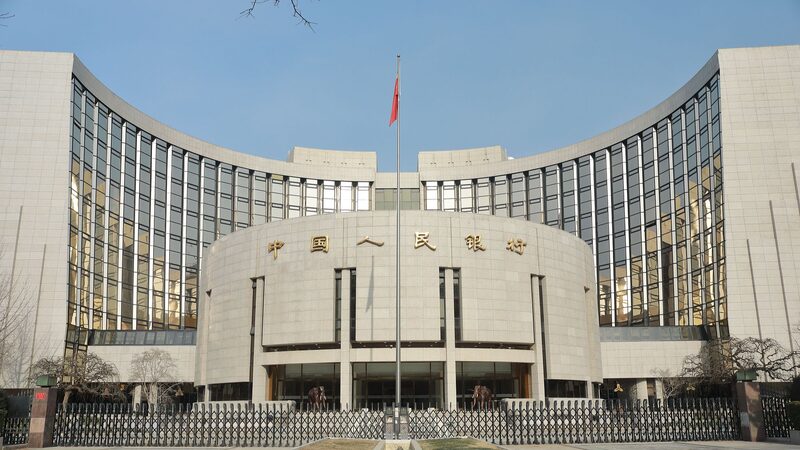Foreign investors are expressing strong confidence in China’s economic potential, increasing their investments and expanding operations within the country. Despite global challenges, optimism remains high for the Chinese market.
Recent data from the Ministry of Commerce shows that China’s actual Foreign Direct Investment (FDI) reached over 1.13 trillion yuan (approximately $158.89 billion) in 2023. While this represents an 8 percent decrease compared to 2022, it still marks the third-highest FDI inflow in the nation’s history.
The number of newly established foreign-invested enterprises surged to 53,766 last year, a significant 39.7 percent year-on-year increase. This uptick reflects foreign companies’ growing commitment to China’s market.
Global corporations are actively expanding their presence. In January, Airbus inaugurated a service center dedicated to the entire lifecycle of aircraft in Chengdu—the company’s first such facility outside Europe. Similarly, fast-food giant KFC reported that by December 2023, it operated over 10,000 stores across China.
A survey conducted by the European Chamber of Commerce in China revealed that about 59 percent of surveyed companies consider China among their top three investment destinations.
“China’s economy possesses sufficient internal driving force and great potential for sustained growth,” said Tian Xuan, vice dean of Tsinghua University’s PBC School of Finance.
During this year’s Two Sessions, the Chinese government set an economic growth target of around 5 percent for 2024. Premier Li Qiang stated that this target takes into account the need to boost employment and incomes while preventing and defusing risks. He emphasized that the growth rate aligns with the objectives of the 14th Five-Year Plan for economic development (2021-2025).
Analysts believe that the 5 percent growth target is attainable and reflects the Chinese government’s proactive and dynamic approach. “Setting such a target helps boost confidence, guide public expectations, and further build consensus on development,” noted Zhou Li’an, a professor at Peking University.
Over the past decades, China has overcome challenges such as the COVID-19 pandemic, natural disasters, and the global financial crisis, consistently maintaining growth and invigorating the global economy.
Since 2014, China’s economy has reached significant milestones, with GDP surpassing 60 trillion yuan in 2014, 80 trillion yuan in 2017, and 100 trillion yuan in 2020. More recently, despite the impacts of the pandemic, GDP exceeded 110 trillion yuan and 120 trillion yuan.
In 2023, China’s economy grew by 5.2 percent, translating to an increase exceeding 6 trillion yuan (around $845.33 billion) in comparable prices. This growth volume would have required a 10 percent annual GDP growth rate a decade ago.
While acknowledging challenges such as external uncertainties, lack of effective demand, relatively weak public expectations, and overcapacity in certain sectors, industry insiders remain optimistic. They cite China’s multiple advantages, including a vast market, a comprehensive industrial system, a large and skilled workforce, and growing scientific and technological innovation capacity.
As a major manufacturing powerhouse, China boasts all industrial categories listed in the United Nations industrial classification. Its manufacturing added value accounts for 30 percent of the world’s total. Additionally, China is the world’s second-largest consumer market and the largest online retail market, providing abundant high-quality factors that serve as a cushion against shocks.
A series of reform measures have also provided growth momentum and vitality. The country has prioritized the development of new quality productive forces.
“The Chinese economy has the capability, advantages, and opportunities to sustain growth, and the long-term positive trend remains unchanged,” said Wang Changlin, vice president of the Chinese Academy of Social Sciences.
Source: Xinhua
Reference(s):
Foreign investors, experts confident about China's economic potential
cgtn.com








